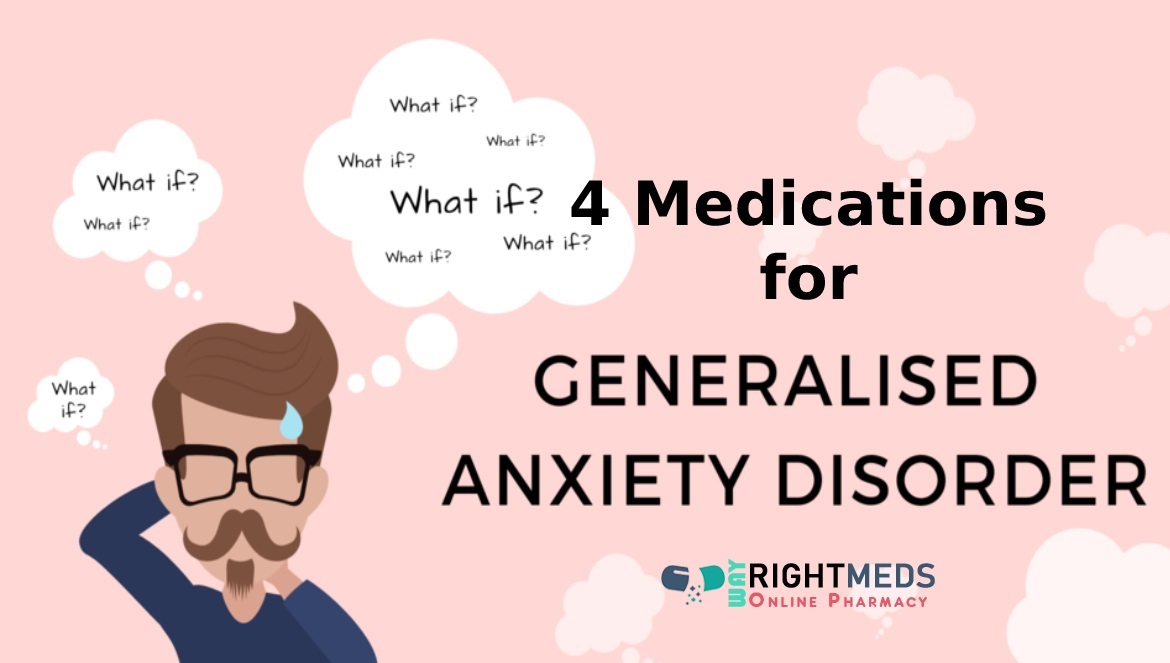
The Food and Drug Administration (FDA) approves some medications specifically for treatment of insomnia-such as Ambien, Lunesta and Silenor. Sleep medications are also used when insomnia is more chronic, sometimes in combination with CBT-I. Sleep medications can be particularly helpful when the insomnia began because of a specific situation, such as illness, travel or a change in your environment. Recent studies have shown that certain sleep medications are beneficial when taken nightly for several months and have few side effects. Sleep medications include any medication your doctor prescribes to improve the nighttime symptoms of insomnia. But many people prefer the therapy because it is a non-medication approach whose benefits continue long after they discontinue therapy. We ask patients to complete sleep diaries throughout the course of the therapy.ĬBT-I can take up to several months, and the benefits aren’t apparent right away. Therapy sessions take place on a regular basis (usually every one to two weeks). Interventions that address underlying medical or psychological problemsĬognitive Behavioral Therapy: A Non-medicine ApproachĬognitive Behavioral Therapy for Insomnia (CBT-I) focuses on modifying the behavior and thinking that contribute to chronic insomnia.

Treatmentĭepending on the reason for your insomnia and your personal preference, treatment can include: The key is to unlock the patient from these behaviors and thinking patterns. When insomnia is severe, a person can develop behaviors and thinking patterns that can keep the insomnia going, even when the other factors have stopped.

Sleep-wake schedule problems (e.g., shift-work or jet lag), certain medical conditions or.Environmental factors (e.g., noise, light, extreme temperatures and/or pets).Insomnia can be caused by a number of things, including: Physical symptoms like increased tension, headaches or upset stomach.Mood changes, such as irritability, anxiety or depression.Difficulties with attention, memory, and/or concentration.Those nighttime symptoms are also associated with one or more daytime symptoms, such as: Insomnia is a common sleep disorder with one or a combination of the following nighttime symptoms: If insomnia is interfering with your quality of life, you may need the help of a sleep medicine physician. In some cases, however, insomnia can be a long-term problem that won't go away. Regular daylight exposure might address day and night reversal problems.Nearly everyone has had trouble sleeping. Adequate lighting at night also can reduce agitation that can happen when surroundings are dark. Bright light therapy in the evening can lessen sleep-wake cycle disturbances in people with dementia. Melatonin might help improve sleep and reduce sundowning in people with dementia. Administering the medication no later than the evening meal often helps.

If the person with dementia is taking these kinds of medications, talk to the doctor. Cholinesterase inhibitors, such as donepezil, can improve cognitive and behavioral symptoms in people with Alzheimer's but also can cause insomnia. Some antidepressant medications, such as bupropion and venlafaxine, can lead to insomnia. A comfortable bedroom temperature can help the person with dementia sleep well. Help the person relax by reading out loud or playing soothing music. Walks and other physical activities can help promote better sleep at night.
Best medications for insomnia and anxiety tv#
Also, avoid TV during periods of wakefulness at night. Limit use of these substances, especially at night. Alcohol, caffeine and nicotine can interfere with sleep. Maintain regular times for eating, waking up and going to bed.

Sometimes conditions such as depression, sleep apnea or restless legs syndrome cause sleep problems. Sleep disturbances can take a toll on both you and the person with dementia.


 0 kommentar(er)
0 kommentar(er)
